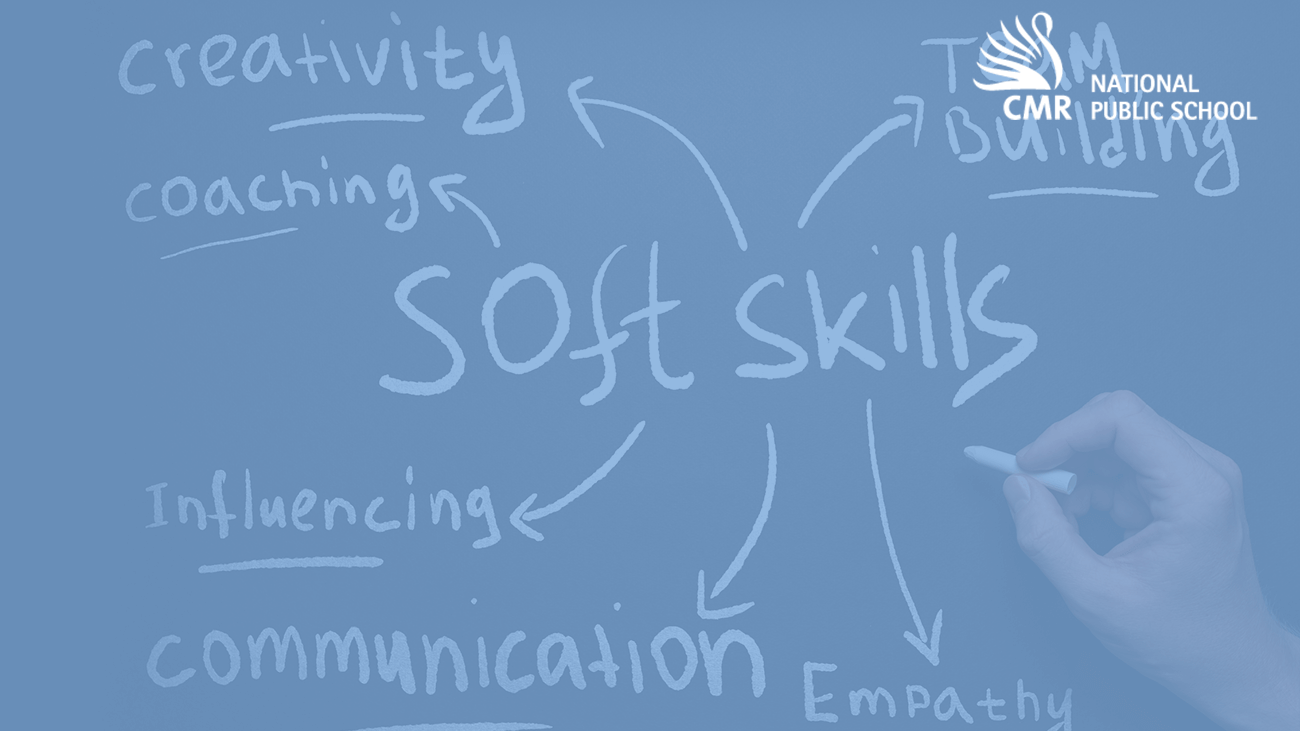Table of Contents
As parents and educators, we want our children to grow up to be compassionate and empathetic members of society. One of the key skills necessary for this is social awareness. Social awareness is the ability to understand and empathize with the feelings and perspectives of others, and it is an essential aspect of emotional intelligence. In this blog post, we will explore what social awareness for students is and how it influences your child.
What is Social Awareness?
The capacity to identify and comprehend the sentiments, requirements, and viewpoints of others is known as social awareness. It involves being able to put oneself in someone else’s shoes, see things from their perspective, and understand how they might be feeling. Social awareness is a crucial skill for building positive relationships, resolving conflicts, and working collaboratively with others.
How Social Awareness Influences Your Child
Social awareness has a significant impact on a child’s development, both academically and socially. Here are some of the ways social awareness can influence your child:
Building Positive Relationships: Social awareness helps children understand and connect with others. When they are aware of others’ emotions and perspectives, they can communicate more effectively and build positive relationships.
Developing Empathy: Fostering empathy involves comprehending and sympathizing with the emotions of others. Social awareness is a key component of empathy, as it allows children to see things from someone else’s point of view.
Resolving Conflicts: Conflict is a natural part of life, but social awareness can help children resolve conflicts peacefully. When children can understand and empathize with others’ perspectives, they are more likely to find mutually beneficial solutions to conflicts.
Encouraging Inclusion: Social awareness can help children recognize and appreciate differences in others. This can lead to a more inclusive and diverse social environment.
Fostering Self-Awareness: Social awareness is not just about understanding others; it is also about understanding oneself. When children are aware of their own emotions and how they affect others, they can better regulate their own behavior and make more informed decisions.
How to Develop Social Awareness in Students
Developing social awareness in students requires intentional effort and practice. Here are some strategies you can use to help your child develop social awareness:
Model Empathy: Children learn best by example. Model empathy by actively listening to your child and showing concern for their feelings. When they see you demonstrating empathy, they are more likely to develop it themselves.
Encourage Perspective-Taking: Encourage your child to see things from other people’s perspectives. Encourage them to ask questions such as “What do you believe your friend experienced when you said that?
Practice Active Listening: Active listening is the ability to pay full attention to what someone else is saying. Encourage your child to practice active listening by making eye contact, nodding, and asking questions.
Read and Discuss Literature: Reading books that feature diverse characters and themes can help children develop social awareness. Discussing these books with your child can encourage them to think critically about different perspectives and emotions.
Volunteer and Give Back: Volunteering and giving back to the community can help children develop empathy and social awareness. Encourage your child to participate in community service projects or volunteer at local organizations.
In conclusion, social awareness is an essential skill for children to develop. It can help them build positive relationships, resolve conflicts, and appreciate diversity. By modeling empathy, encouraging perspective-taking, practicing active listening, reading and discussing literature, and volunteering, you can help your child develop social awareness and become a compassionate member of society.
Read Also: Why is Developing Social Awareness Important for Students?


